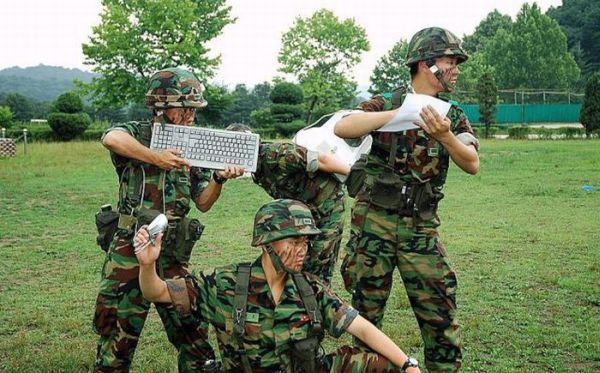jRiot504
Well-Known Member
My package is complete and will be submitted to both the SWO and Intel board - 05Mar and 06Mar. In the event I am chosen for both, I put my chances at 42%, I am looking for more information regarding Intel. SWO offers plenty of information that I have read, videos I have watched and SWOs I have talked to. Intel offers little in comparison.
The main theme for Intel I have read is becoming proficient at Powerpoint. As my signature states, I am a data scientist, so I understand the analysis which goes into making the Powerpoints - the work people don't see when they are being presented to. My team has presented to universities, national conferences, the Federal Reserve, Brookings Institute etc... That aspect of Intel is not new for me - aside from the research being more life and death related.
My questions:
1) How is intel analysis completed? Qualitative? Reading, connecting pieces, knowledge gained from experience?
2) Are quantitative skills useful? Econometric analysis, spatial analysis, natural language processing...?
3) Are technical skills sought after? For example - over the last six months I have written machine learning algorithms to analyze all job postings and resumes in the United States, labor market data which is half a terabyte of text based, JSON formatted data. Is the field open to providing new methodology in seeking reliable intelligence? Would being able to write algorithms from scratch to analyze intelligence data be useful?
I don't want to come off as trying to change or do the work differently as it is a field I know little about. I am aware the Navy will train me to conduct intelligence work the Navy way. However, I want to ensure the decision, if there is a decision, as I said 42%, is the correct decision. I also want to offer the best skill-set I can to the Navy. Lastly, where can I have best career given my interests, skills and long-term goals.
The main theme for Intel I have read is becoming proficient at Powerpoint. As my signature states, I am a data scientist, so I understand the analysis which goes into making the Powerpoints - the work people don't see when they are being presented to. My team has presented to universities, national conferences, the Federal Reserve, Brookings Institute etc... That aspect of Intel is not new for me - aside from the research being more life and death related.
My questions:
1) How is intel analysis completed? Qualitative? Reading, connecting pieces, knowledge gained from experience?
2) Are quantitative skills useful? Econometric analysis, spatial analysis, natural language processing...?
3) Are technical skills sought after? For example - over the last six months I have written machine learning algorithms to analyze all job postings and resumes in the United States, labor market data which is half a terabyte of text based, JSON formatted data. Is the field open to providing new methodology in seeking reliable intelligence? Would being able to write algorithms from scratch to analyze intelligence data be useful?
I don't want to come off as trying to change or do the work differently as it is a field I know little about. I am aware the Navy will train me to conduct intelligence work the Navy way. However, I want to ensure the decision, if there is a decision, as I said 42%, is the correct decision. I also want to offer the best skill-set I can to the Navy. Lastly, where can I have best career given my interests, skills and long-term goals.

